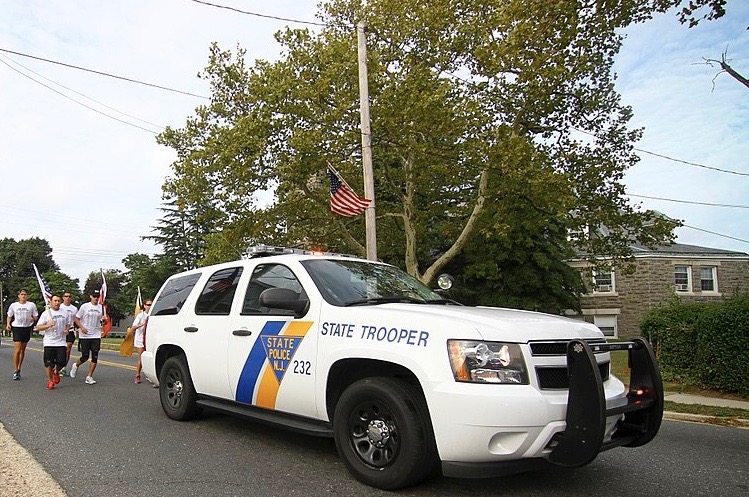Court should order New Jersey police to identify officer fired for ‘racially offensive behavior’

Attorneys for the Reporters Committee for Freedom of the Press and a coalition of 16 media organizations are asking the New Jersey Supreme Court to order the New Jersey State Police to reveal the name of an officer fired for “racially offensive behavior.”
On Dec. 20, Reporters Committee attorneys and Bruce S. Rosen of McCusker, Anselmi, Rosen & Carvelli filed a friend-of-the-court brief arguing that information requested by Libertarians for Transparent Government is clearly required to be disclosed under state law. Moreover, they contend, disclosing the records “will enable members of the news media to tell important stories bearing directly on readers’ communities, while providing oversight, fostering accountability, and building institutional trust.”
The case involves a New Jersey Open Public Records Act request the nonprofit group filed in 2017 seeking information about an officer referenced in an annual report published by the State Police Office of Professional Standards. The report stated that the officer was terminated after pleading guilty “to acting in an unofficial capacity to the discredit of the Division while off-duty by having questionable associations, engaging in racially offensive behavior and publicly discussing police patrol procedures.”
After reading the report, the nonprofit filed a request asking for the officer’s name and title, as well as the date he was terminated and the reasons why. The State Police denied the request, arguing that the requested records contained “privileged information” that were exempt from disclosure.
Libertarians for Transparent Government then filed a complaint seeking a court order compelling the State Police to reveal the officer’s identity. A judge, however, dismissed the nonprofit’s complaint. On appeal, the Appellate Division of the Superior Court of New Jersey once again sided with the State Police, arguing that the information requested falls within an exemption to the state’s public records law. The case is now being heard by the New Jersey Supreme Court.
In their brief, attorneys for the media coalition argue that the information requested by the nonprofit should be released because New Jersey’s Open Public Records Act “explicitly requires disclosure of a state trooper’s name, title, ‘date of separation and the reason therefor.’”
“Simply put,” the brief states, “when a public officer’s misconduct rises to the level of termination, the Legislature has made clear that the public is entitled to know why.”
The brief goes on to cite other state public records laws that require disclosure of information about public employees who have faced disciplinary actions, including termination.
Public records laws like New Jersey’s help news organizations hold law enforcement officials and other public employees accountable for their actions. With regard to the nonprofit’s request, media coalition attorneys argue that access to information made public according to New Jersey’s law “enables members of the press to report meaningful and socially relevant information about racial bias among law enforcement officers and how law enforcement agencies respond.”
Read the media coalition’s full brief.
The Reporters Committee regularly files friend-of-the-court briefs and its attorneys represent journalists and news organizations pro bono in court cases that involve First Amendment freedoms, the newsgathering rights of journalists and access to public information. Stay up-to-date on our work by signing up for our monthly newsletter and following us on Twitter or Instagram.
Photo courtesy of U.S. Air National Guard